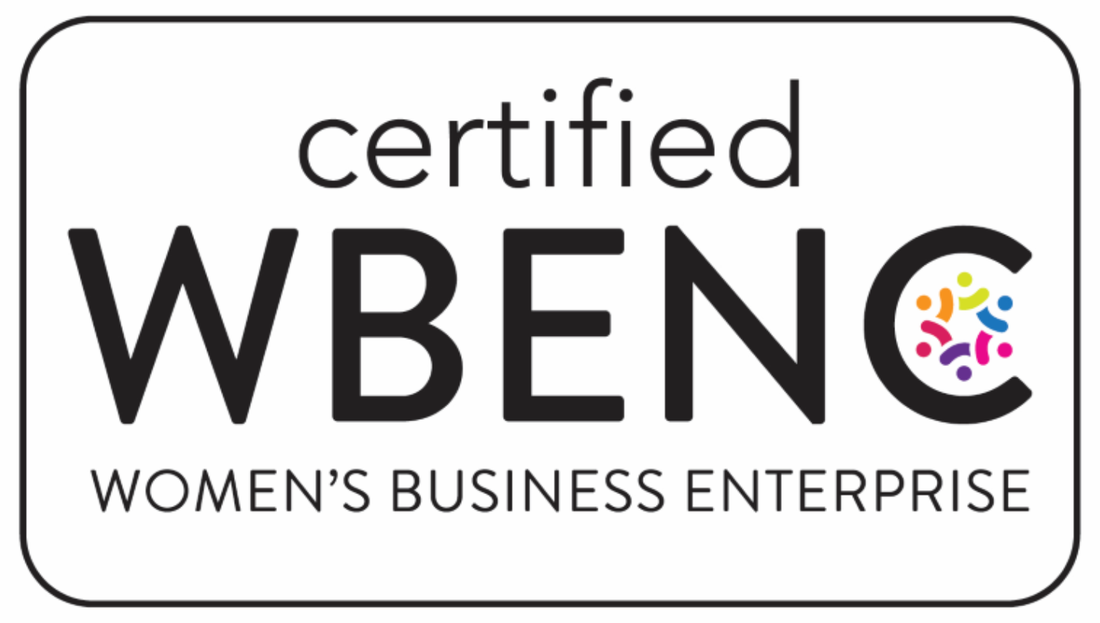The Typical Compliance Process
Because determining compliance can be a tedious and time-consuming administrative process, many corporations have hired third-party companies to handle the compliance process for them. (For example, PRO Unlimited, MBO Partners, ICon Professional Services, Agile 1, ZeroChaos, etc.) These third parties screen the prospective contractors to determine if they have the business structure, insurance coverage, and other things to ensure that they are not putting the client corporation at risk for co-employment. In addition to the 3 common law guidelines and 20 questions established by the IRS, the third-party companies typically ask for evidence of the following in order to build “a compliance file” for the worker/consultant.
Many corporations are also demanding that every independent consultant have the following minimum insurance coverage:
Inability by the independent contractor or small business to provide any or all of these documents may result in a non-compliant evaluation recommendation by the third party. Conveniently enough, the worker can still do the work, provided the individual becomes a “payrolled worker” (paid on a W-2) by the third-party company that handled the compliance screening process.
One of the primary benefits of PrōKo Consulting is that we handle the compliance process and furnish the necessary documentation and insurance coverage so that:
- Articles of Incorporation (if applicable)
- Articles of Organization (if applicable)
- Business License (If applicable)
- Fictitious Business Name Statement/DBA Filing (if applicable)
- Advertising/Marketing Collateral
- Business card, website, letterhead, brochure, trade magazine advertising, etc.
- Proof of three (3) other clients (within last 9 months, sometimes simultaneously)
- Invoices, contracts, statements of work, etc.
- Proof of ongoing business expenses
- Profit & loss statement, evidence of leased/rented office space, tools and equipment, etc.
- Taxpayer Identification Number
- FIEN (Federal Employer Identification Number), SEIN (State ID number), or Social Security Number as it applies to the business structure
- Proof employees are paid on W-2 and evidence of Workers Compensation per the statutory limits (if applicable)
Many corporations are also demanding that every independent consultant have the following minimum insurance coverage:
- General Liability Insurance ($1,000,000 or more)
- Professional Liability Insurance (“Errors & Omissions”) ($1,000,000 or more)
- Employers Liability as a part of Workers Compensation (at least $500,000), sometimes even if you don’t have employees
- Business Auto Liability Insurance ($500,000 or more) if driving on behalf of the corporation, sometimes even if you’re not driving on behalf of the corporation
Inability by the independent contractor or small business to provide any or all of these documents may result in a non-compliant evaluation recommendation by the third party. Conveniently enough, the worker can still do the work, provided the individual becomes a “payrolled worker” (paid on a W-2) by the third-party company that handled the compliance screening process.
One of the primary benefits of PrōKo Consulting is that we handle the compliance process and furnish the necessary documentation and insurance coverage so that:
- The independent consultant does not need to deal with it
- The independent consultant can keep their 1099 tax status and related tax deductions
- The independent consultant does not have to renegotiate his or her rates, and
- The corporation does not have to pay a 15-25% mark-up to the third-party provider.
Back to What is Co-Employment Risk?


